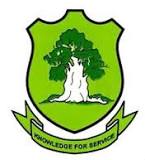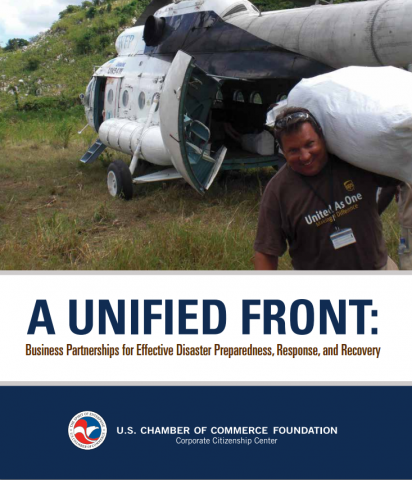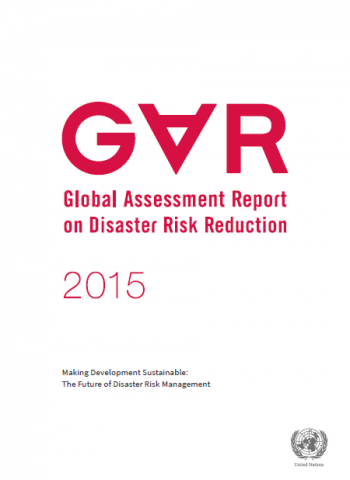Community-Based Initiatives for Adapting to Annual Floods and Heavy Windstorms along the Black and White Volta Rivers, 2014, UDS

This reports highlights the findings from a research project conducted by University of Development Studies, Ghana in response to the ‘Preparedness and Resilience Research’ small grants program (Phase I) implemented by Response 2 Resilience Institute and the Global Disaster Preparedness Center.
Abstract:
Climate change is manifested in the Northern Region of Ghana in annual floods and windstorms that cause a lot of damage to human and animal life. This study investigated strategies used by communities along the Black and White Volta Rivers to adapt to these events. One hundred respondents from 10 communities, 5 each along the Black and White Volta Rivers, were randomly sampled for interviews using semi-structured questionnaires. A focus group discussion was held in each community, and key informants were interviewed from head institutions in the district. The findings showed that floods are no longer an annual but a perennial problem. To cope with the loss of their farming and fishing livelihoods, communities resort to charcoal burning, with dire consequences for the livelihoods of future generations. They rely on various indigenous early warning signs in addition to media alerts from the Ghana Meteorological Agency (GMET) to help them prepare their coping mechanisms and adaptation strategies.


